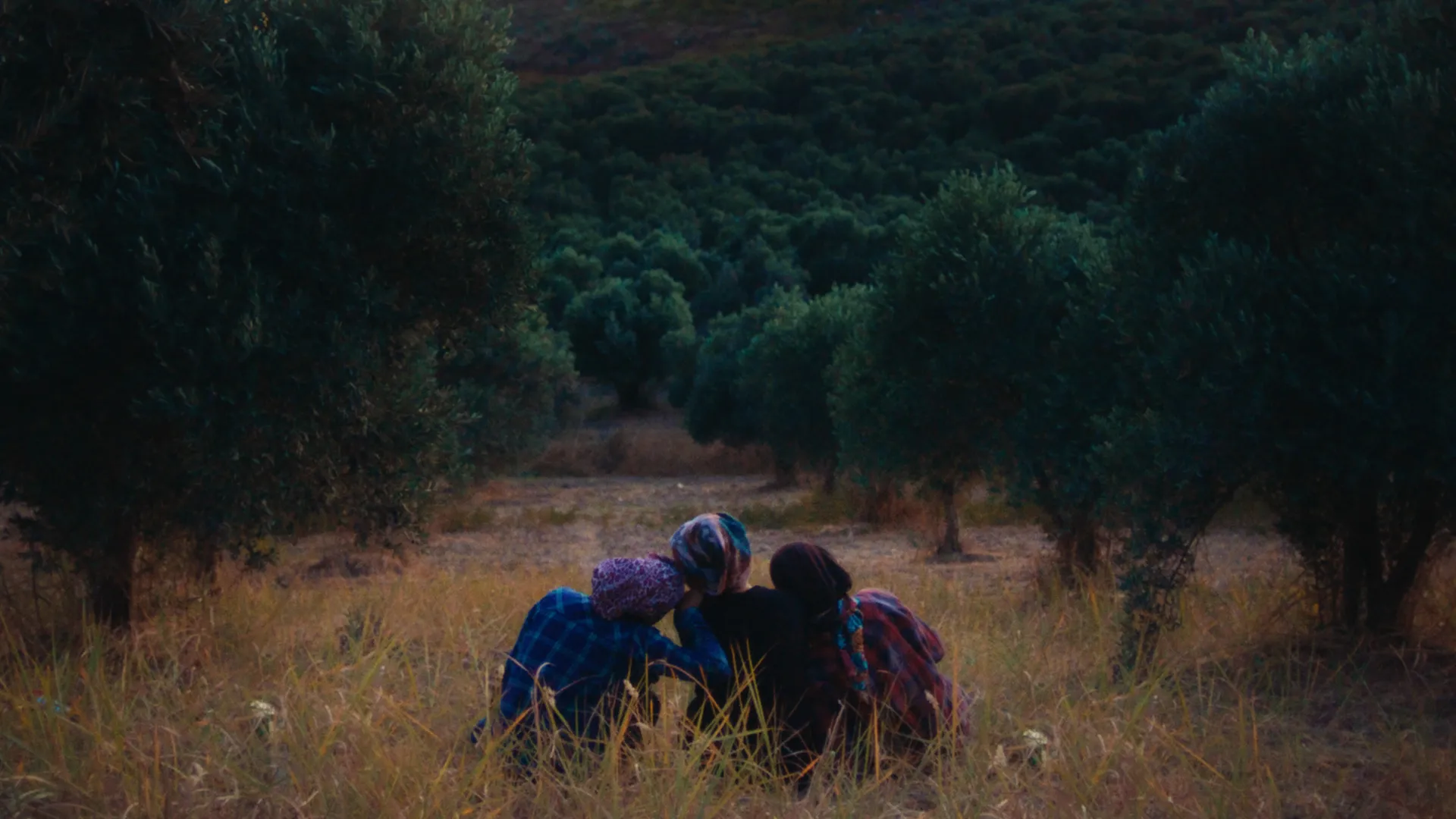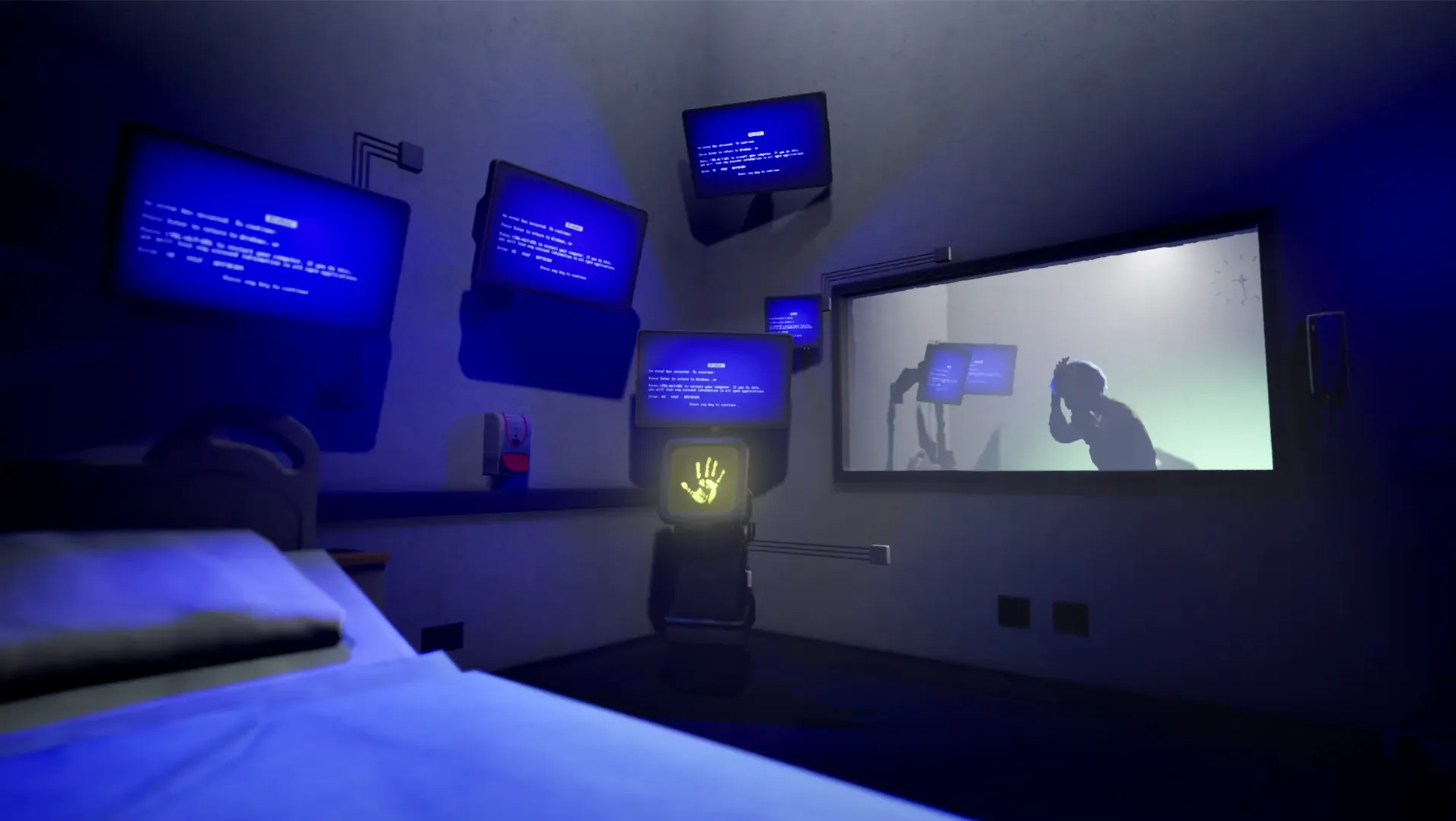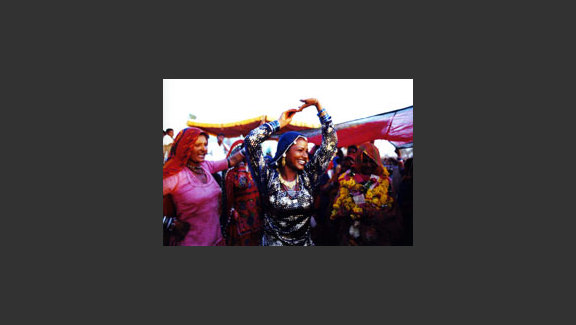Daughters Of The Sapera
Synopsis
The film starts weeks after Sandra was abandoned trying to understand what happened. As time progresses becoming more estranged from her family Sandra follows a route that leads her into dubious relationships with tourist men. This complex film offers an insight into a microcosm reflecting the emotional impact when two cultures clash. A free spirit the decisions Sandra makes often feel like her choice, yet the invisible walls that imprison her in limbo are also cultural. A tragic cautionary tale that also celebrates the spirit of survival in a rapidly changing India.
Details
- Year
- 2010
- Type of project
- Features
- Running time
- 93 mins
- Format
- DV / HDV
- Director
-
Rachel Seely
- Producer
- Paul Cowan, Vivianne Howard
- Co-Producer
- Paul Cowan, Vivianne Howard
- Editor
- Miikka Leskinen
- Director of Photography
- Rachel Seely
- Sound
- Federico Valori, Nik Diezel
- Composer
- Various
Genre
Categories
Production Status
Production Company
Unlimitedreamcompany
66 Windsor RoadLondon N7 6JL
UK
T +44 (0)207 263 409
Page updates
This page was last updated on 12th May 2025. Please let us know if we need to make any amendments or request edit access by clicking below.
See also
You may also be interested in other relevant projects in the database.
 Here to Stay
Here to Stay
Director: Sheida Kiran
Year: 2026
In a remote village in southeast Turkey, 35-year-old Meryem begins the annual olive harvest. For generations, the groves have sustained the village women's livelihoods, but this year, the harvest takes place under a shadow of fear. Following a devastating earthquake that destroyed Meryem’s home, 60% of the village’s olive lands have been seized by the government to build a new satellite city. As the concrete edge presses steadily toward their remaining fields, this harvest may be their last. Once a stay-at-home mother, Meryem picks up a camera to document the slow unraveling of her community. Women, previously confined to the home, step into public life - leading protests, sit-ins, and a landmark lawsuit alongside thousands of indigenous landowners, to protect the land they have tended for centuries. Interweaving Meryem’s video diaries with observational footage, the film moves between intimate scenes of the family harvest and the female-led resistance. As the movement unfolds, the once-perfect harvest is gradually disrupted by destruction. HERE TO STAY tells the story of a people’s fight for justice, tracing how tragedy transforms Meryem from mother to resistance leader, as she seeks to protect the land she calls home.
 Milan, 2026 : Right Place Right Time
Milan, 2026 : Right Place Right Time
Director: Devika Shallivan
Year: 2026
Milan, 2026 – Right Place Right Time follows the untold human stories behind the Winter Olympics, capturing fleeting moments of triumph, struggle, and serendipity. Through the eyes of athletes, spectators, and creators, the film explores how being in the right place at the right time can transform ordinary moments into extraordinary experiences, revealing the cultural, emotional, and personal dimensions of one of the world’s largest sporting events.
 The Baby Factory is Closed
The Baby Factory is Closed
Director: Deepa Mann-Kler
Year: 2026
A 20-minute single-player immersive VR experience that places users inside the body of Zoraan, a British-born Sikh woman navigating menopause amidst climate collapse and the ruins of colonial medicine. You breathe with her. You scream with her. You dance your way out of sedation. Blending real-time visuals, bio-haptic feedback and diasporic sound, this work reframes menopause not as decline but as volatile power; closing ‘The Baby Factory’ to ignite a cultural revolution. Using gesture, voice and biometric feedback, audiences become co-conspirators in a volatile act of embodied rebellion. This is not a metaphor. This is an insurgency. Official Selection SXSW 2026 - XR Competition - World premiere
